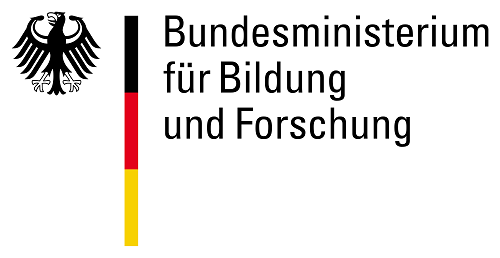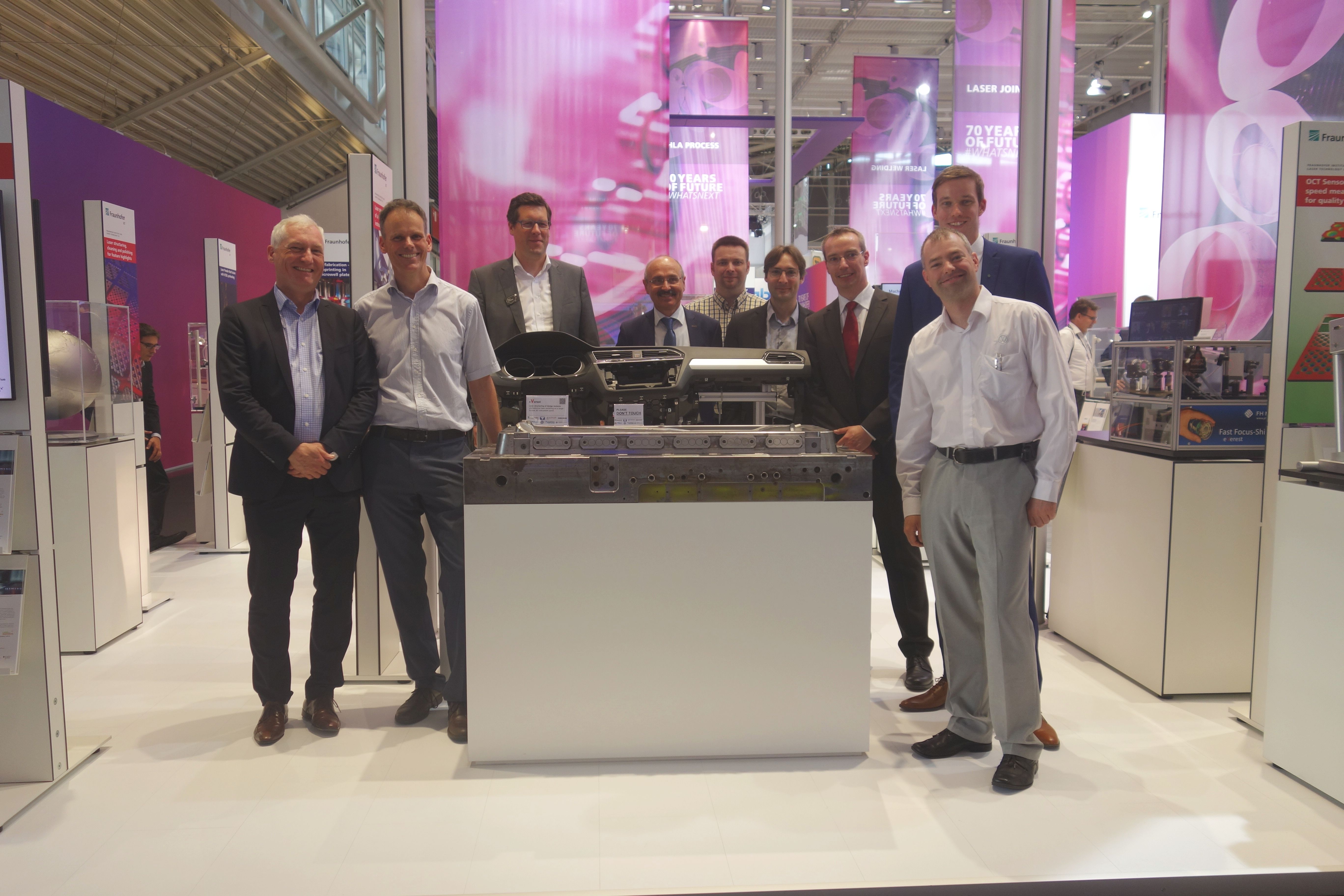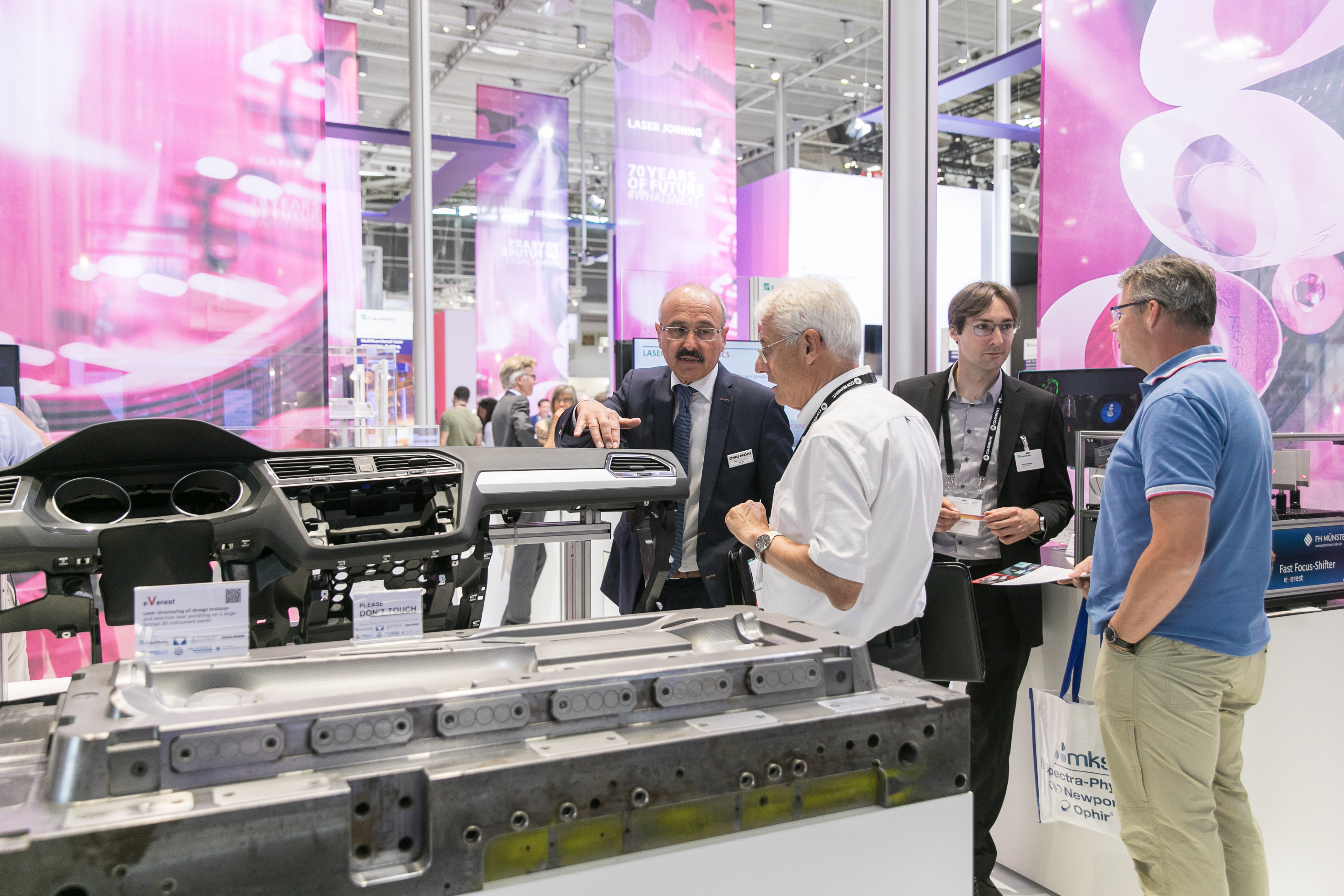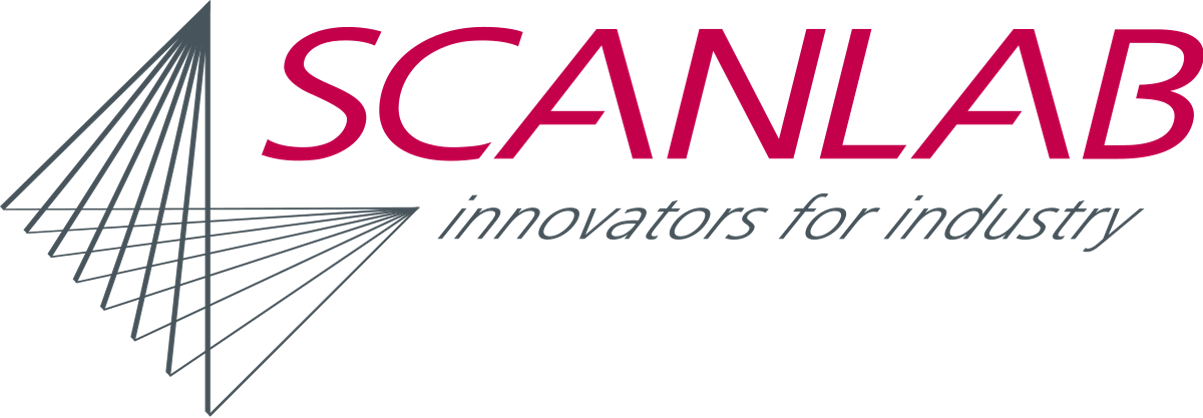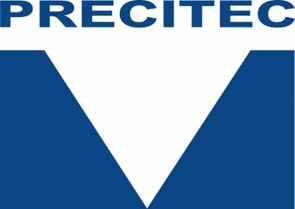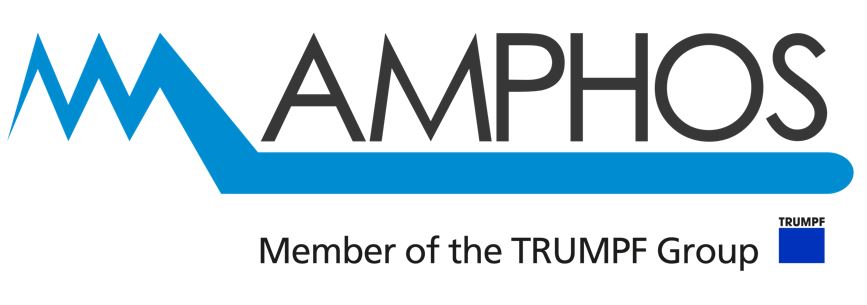Machine and system technology for efficient production of large-format 3D forming tools with design surfaces


More and more, laser structuring is becoming important in the tool and mold making industry. While structured surfaces – thanks to their functionality – contribute to minimizing friction in combustion engines or increasing the efficiency of LED-based lighting systems, for example, the surface texture is increasingly becoming a quality feature of products with regard to their optical and haptic properties.
The manufacturing processes currently used for tool texturing, such as photochemical etching, are limited in their precision and flexibility. Laser ablation with (ultra)short pulsed laser radiation, however, is becoming an increasingly important technology that can be used to establish a digital process chain and increase design flexibility. Since their ablation is predominantly based on evaporation, ultrashort pulse laser beam sources achieve extremely high precision. A disadvantage so far is the limited productivity – ablation rates of up to 1 mm³/min.
The goal of the eVerest project is to develop highly flexible machine technology for precision laser processing, focusing on an increase of the effective ablation rate. With it, functional structures can be generated in tools and components at the highest geometric resolutions in the micrometer range without the user needing essential knowledge of the actual technology. All necessary subdomains of laser processing are integrated into the machine and operating concept, such as the virtual design of the product including the development and visualization of the structures while also taking the new possibilities of laser surface processing into account.
 Fraunhofer Institute for Laser Technology ILT
Fraunhofer Institute for Laser Technology ILT